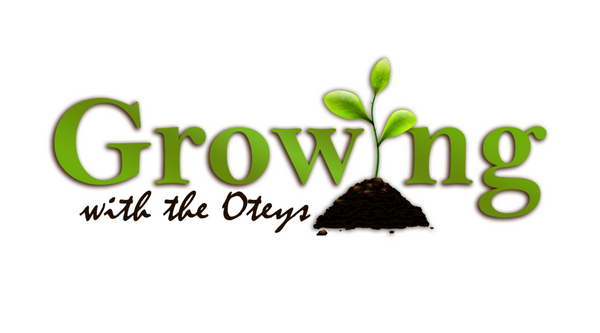The 4th edition of Moral Choices: An Introduction to Ethics by Scott B. Rae is a superb and user-friendly ethics primer for college-level readers. The hardback textbook has comfortably legible print and an attractive page layout. It contains 480 pages of content excluding notes and indices. While the 3rd edition, published in 2009, is much cheaper, the new edition has more than 100 additional pages, chapters addressing new matters, and contemporary real-world illustrations that post-date the earlier editions. The book is a good tool and well-worth acquiring if one thinks and writes about ethical matters, particularly for general audiences.
Like many similar works, Moral Choices begins with a paradigm for digesting and resolving ethical dilemmas and then proceeds to discuss, in turn, prominent areas of ethical debate. Unlike some others, though, Rae employed a clear and straightforward style of writing and argumentation that is appropriate for a wide audience, especially those wading into the study of ethics and morality for the first time. For example, rather than interrupt the flow of its presentation and distract readers with deviations about important thinkers and their backgrounds, the book uses distinctive text boxes to segregate such material.
The first four chapters offer a general introduction to ethics. The author used these chapters to prepare readers to digest his ensuing arguments regarding specific issues. Chapter 1 presents important concepts and basic ethical and moral frameworks that are revisited later in the book. Next, rather than simply describing the different ways that people reason about morality, Chapter 2 offers illustrations. In each case, a character explains his or her values and progression of thought regarding a common dilemma. These examples of ethical paradigms like relativism, utilitarianism, and ethical egoism are much more accessible than the cold philosophical descriptions featured in most texts. In Chapter 3, Rae moved from a survey of views to an introduction of the major emphases in Christian ethics as outlined in the Old and New Testaments along with the major concepts on which they stand.
Chapter 4 describes the author’s 7-step paradigm for making ethical decisions and provides a bridge to the practical chapters. Specifically, Rae shared three scenarios that show the relevance of ethical decision-making in daily life and the application of his decision-making process. This approach is likely to make the importance of moral choices practical and relevant for most readers. The strength of the author’s model is that it offers a way of helping to ensure that relevant questions are asked and answered in resolving ethical dilemmas without pretending to provide concrete answers to complex, dynamic, and evolving dilemmas.
The heart of the book is contained in chapters four through sixteen. Chapters five through eight tackle an array of bioethical matters like abortion, infanticide, assisted suicide, euthanasia, and cloning. The remaining chapters, nine through sixteen, deal with typical issues like capital punishment, war, and sexual ethics, but also tackles more modern concerns like creation care, gun control, and immigration. In addition to the substantive coverage, each chapter concludes with suggested readings for further study, review questions, case studies, and related discussion questions. These materials provide ample fodder for inquisitive students whose interests have been piqued, lively classroom interaction and debate, and professors seeking to guide students into the complexities of practical application.
While it is fairly subtle, Rae has premillennial theological bent, and it is sometimes manifest in the text. For example, in chapter 3, he wrote, “When the kingdom is fulfilled in its entirety at Jesus’ second coming, it will have both an individual and cultural dimension.” Later, in chapter 15, he wrote, “When the kingdom comes in fullness, it will consist of peoples who retain their ethnic identity, including their language, yet all will be one, united in worship of God.” These allusions are not emphasized in Rae’s arguments, but they are notable for readers who do not share his premillennial leanings.
The fact that Moral Choices has reached its 4th edition is indicative of its influence. It is a standard text for college-level ethics courses emphasizing a Christian worldview, and it is easy to see why the book is so popular. It offers a comprehensive survey presented in relatable terms while avoiding dogmatism. Rae’s discussions are credible and balanced throughout. Where the dilemmas are too complex to pronounce definitive conclusions, he never presses his positions in ways that suggest the reader is not free to thoughtfully disagree within parameters provided in Scripture.
I recommend Moral Choices for Christians and non-Christians seriously interested in studying ethics. It is, on the whole, a superb textbook intended for the same audience as Geisler’s Christian Ethics. Rae's text is more modern, more easily digestible, and better designed for classroom use. While Moral Choices is likely a longer and broader resource than most casual readers would prefer, it certainly is not unwieldy for those who might consult it selectively as questions or the need to prepare targeted lessons arise.
Copyright & Reuse
© Growing with the Oteys. Noncommercial reprint (including classroom use and church bulletins) permitted with author credit and link/URL; no edits; third-party images excluded. See Permissions page for details.

